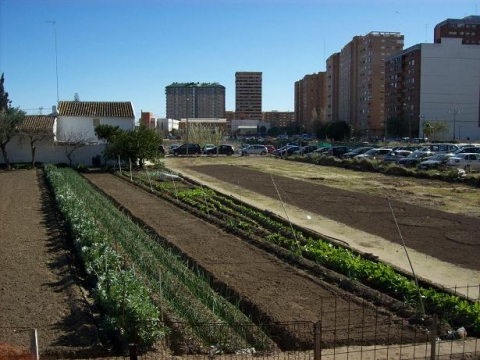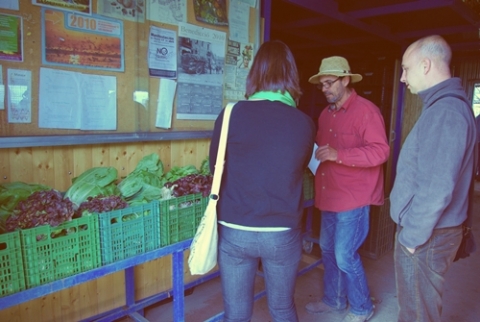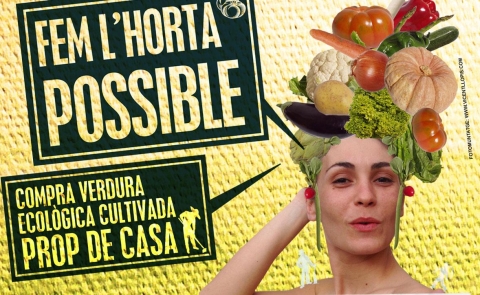Ecological entrepreneurship in the conservation of a peri-urban agrarian landscape
In the Huerta de Valencia, Spain the local organic agriculture movement is embedded to a certain extent into a cultural landscape conservation movement protecting the Huerta, a peri-urban agrarian belt around the city of Valencia. The creation of an alternative economic space by ecological entrepreneurs takes place within this broader political context of defensive localism. A discourse analysis conducted with key ecological entrepreneurs and other representatives of the movement revealed the underlying value systems in order to evaluate to what extent this embeddedness is present in the discourse of local ecological entrepreneurs and other key actors. The degree of this spatial and social embeddedness shows the level of civic-ness of the movement.
The local discourse indicated that ensuring the economic viability of the agrarian system within the Huerta through ecological entrepreneurship with short supply chains is one of the most viable opportunities found for the conservation of the Huerta de Valencia. Local ecological entrepreneurship is found to have the potential to contribute to the socio-economic viability of the Huerta. My research aimt to analyze the relevant prioritized discourse themes on such new forms of entrepreneurship in order to assess its civicness based on the degree of their spatial and social embeddedness. The discourse analysis allows us to gain a deeper understanding of the underlying value system of local ecological entrepreneurship in the Huerta. I found that the creation of an alternative economic space through these local initiatives takes place within a broader political context of defensive localism, aming for the protection of the Huerta de Valencia.
In order to map these themes, a grounded theory approach was applied through a qualitative, exploratory case study research, using discourse analysis. Over 80 semi-constructed interviews were conducted, inquiring about various stakeholders personal experiences with open-ended questions.
Action Researcher: Gerda Jonasz



